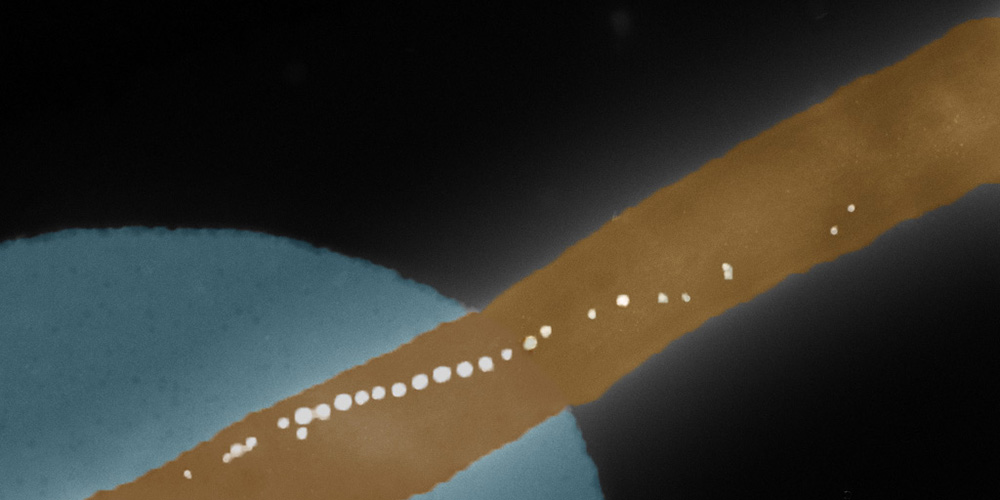Psychological stress and stress factors in vaccinated and unvaccinated people
The latest survey in the University of Basel's Swiss Corona Stress Study shows that psychological stress remains high during the pandemic. However, there are significant differences in the stress factors experienced by vaccinated and unvaccinated people, in particular relating to stress caused by coronavirus measures and fear of the health consequences of Covid-19.
21 December 2021
The fourth survey (16-28 November 2021) in the Swiss Corona Stress Study led by Professor Dominique de Quervain questioned more than 11,000 people from all over Switzerland (see box). The main results:
- Vaccinated parents of children between four and 11 years old are much more worried about their children becoming infected than are unvaccinated parents.
- Of all respondents, 19% have severe depressive symptoms, but there is no correlation with vaccination status.
- Young people, those who have experienced financial loss and those with a pre-existing mental illness are most heavily affected by severe depressive symptoms.
- In the youngest age group (14-24 years), academic pressure is the most significant stress factor.
Differences between vaccinated and unvaccinated
Significant differences exist in the factors associated with the subjective experience of stress in those vaccinated (58% of respondents) and those unvaccinated. The biggest differences are found in stress caused by coronavirus measures such as the vaccination certificate requirement. The majority of unvaccinated people find these measures stressful, while the majority of vaccinated people feel relief (figure 1).
Stress arising from conflicts with family, friends or at work due to coronavirus measures or vaccination is high among both the vaccinated and unvaccinated. However, it is significantly higher among the latter.
There are also large differences when it comes to fear of the health consequences of Covid-19, with more stress experienced by vaccinated people, such as the concern that a close contact may become seriously ill (figure 2). The fear of long COVID in the event of an infection or that children may bring the coronavirus home and infect parents or grandparents is also stronger among the vaccinated than the unvaccinated.
In the group of respondents with children aged between four and 11 years (a total of 2,079), only 17% of vaccinated parents are not at all afraid that their child may become infected with the coronavirus. Among unvaccinated parents, this figure is 68%.
Severe depressive symptoms
The share of respondents with severe depressive symptoms is 19%, but there is no correlation with vaccination status. In April 2020 (lockdown) this figure was 9%, in May 2020 (partial loosening of restrictions) 12% and in November 2020 (second wave) 18%.
Respondent groups most strongly affected include:
- Young people (figure 3): Severe depressive symptoms are most frequent in the youngest age group (14-24) at 33%. In respondents who attend school or university, depressive symptoms are most strongly associated with stress due to pressure to perform (for additional factors, see figure 4).
- People whose financial reserves decreased during the pandemic are affected by severe depressive symptoms more frequently (32%) than people whose reserves did not change or increased (13%).
- People who had mental health problems before the pandemic are affected by severe depressive symptoms more frequently (34%) than people who said they did not have mental health problems before the pandemic (14%).
Rising substance use
Among those people who take sedatives or sleep aids (3,544), 53.6% reported an increase, 3.5% a decrease and 42.9% no change in use during the pandemic (figure 4). A similar pattern emerges in people who consume nicotine, alcohol or cannabis. The degree of use of these substances is associated with the intensity of stress, fear or depressive symptoms.
Stress arising from conflicts with family, friends or at work due to coronavirus measures or vaccination is high among both the vaccinated and unvaccinated. However, it is significantly higher among the latter.
There are also large differences when it comes to fear of the health consequences of COVID-19, with more stress experienced by vaccinated people, such as the concern that a close contact may become seriously ill (figure 2). The fear of long COVID in the event of an infection or that children may bring the coronavirus home and infect parents or grandparents is also stronger among the vaccinated than the unvaccinated.
Original source (Preprint)
Complete results on the OSF Preprint Server.
Further information
Prof. Dr. Dominique de Quervain, University of Basel, Transfaculty Research Platform Molecular and Cognitive Neurosciences, Tel. +41 61 207 02 37, email: Dominique.dequervain@unibas.ch
Data collection
The results are from a survey period of 16-28 November 2021. During this period, 11,167 individuals from all over Switzerland took part in the anonymous online survey. This form of data collection means that by definition the survey is not representative. However, the sociodemographic attributes of the respondents cover a broad range of the Swiss population. All correlations and comparisons reported are statistically highly significant.


